Lindsey Ellis Part Two: Growing the Game in the Desert
Building a team in a non-traditional market comes with its own unique set of struggles, but Sun Devils coach Lindsey Ellis relishes the challenge.
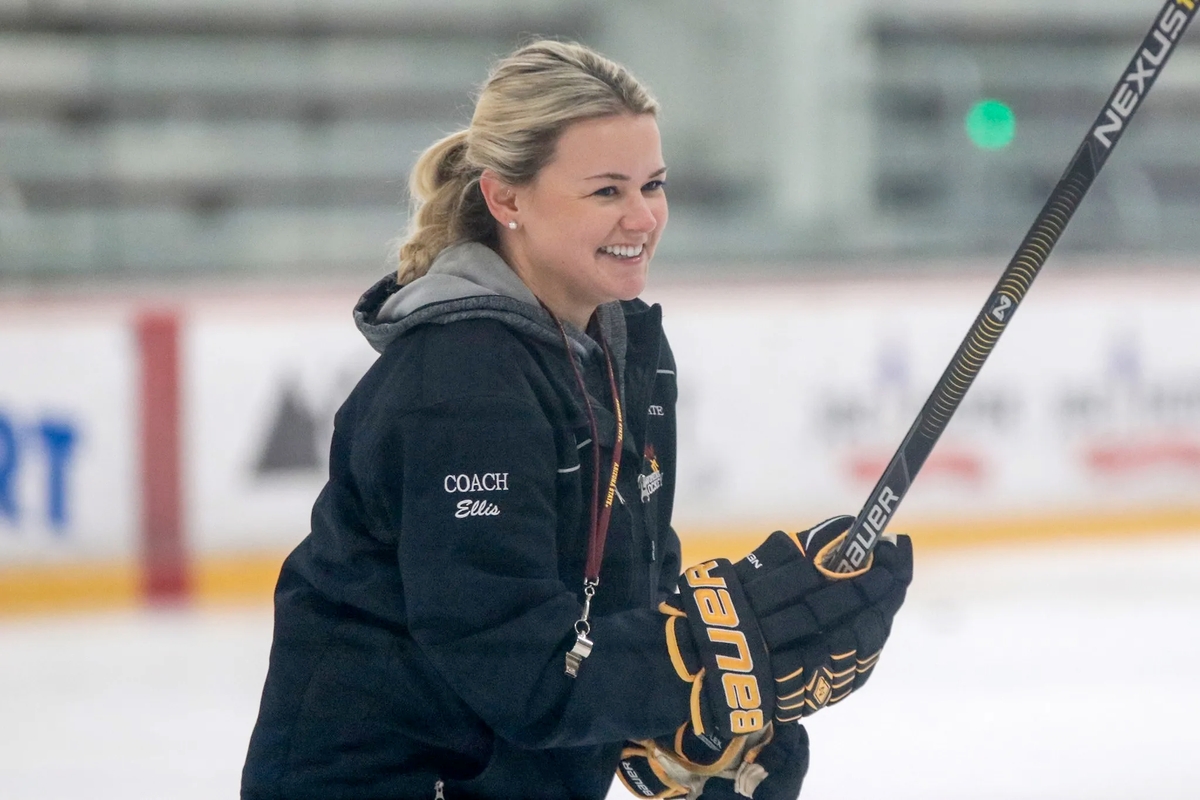
Missed Part One? Check it out here.
ONE IN ONE THOUSAND: Starting a Sport Club at ASU
Lindsey Ellis’ journey back to Arizona originated when the ASU men’s hockey team secured a promotion to the NCAA after winning the ACHA national championship the same year she won hers with the Red Hawks. This inspired Ellis: could she replicate her success at Miami and bring a national championship-caliber women’s hockey team to the Valley and maybe even join the men into the NCAA one day?
“It just kind of sparked the idea of, neither myself or anybody I grew up playing with, why we couldn’t even stay on the West Coast,” Ellis says.
Ellis expeditiously organized a meeting with ASU administration while still at Miami to learn about starting a women’s hockey program. They provided her with a thumbs-up and a smile. She explains, “In the meeting they’re like, okay [if] you wanna do this, you have to know it’s all on you. Here’s how to start a sports club but past that, it’s what you make it basically - and it really has been what we make it.”
Their success cannot be celebrated fully without looking at the geographical and financial obstacles they had to overcome and how the Tempe community welcomed the team with open arms.
Geographically, ASU stood alone in the final top 15 rankings of the season as the only program west of the Missouri River. The closest ranked rivals were Midland University and Minot University in Nebraska and North Dakota, respectively. ASU was also an outlier in an additional way because they were the only team at the tournament with zero school support.
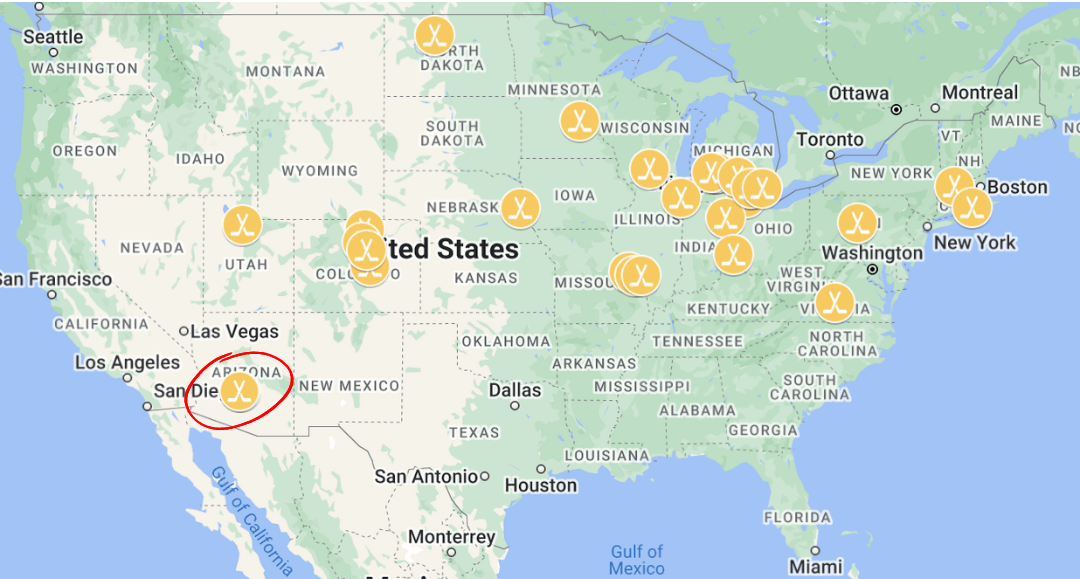
The women's hockey team is not affiliated with Sun Devil athletics and instead is one of the one thousand "student clubs" on campus so they can't rely on university funds. As Ellis told Cronkite News at the start of the 2023 season, “we’re spending over $200,000 and relying on the student-athletes to pay that, so the university gives us basically 3% of the costs, and we have to cover 97% through the girls.” That 3% covers about one month of ice for the season and leads to ASU having some of the highest player dues, money paid out of the players’ pocket, in the country.
The financial discrepancies caused Ellis to dishearteningly make her team independent for the upcoming 2024-2025 season. “It strictly has to do with cost and competition,” Ellis says, “which is so unfortunate because we’ve been able to create all of these new programs on the West Coast and grow the college game for women’s hockey that doesn’t exist anywhere else and be competitive too.”
Some new programs include the University of Wyoming, the University of Arizona, and Montana State University.
"We’re broken by this barrier financially because of geographically where we’re located," Ellis says. "It costs us $30,000 to fly to Denver and play these [conference] teams, but it could also cost us $30,000 to fly to Saint Louis and play a #1 ranked team that tries to get us to our goal.”
Their funding from the school changes per year but it's minimal and always possible they receive nothing. “This year we got $7,500 from the university, which is about one month of ice for us,” Ellis says. “we kind of do everything that we can just to be able to make ends meet.” This includes considering the personal finances of prospects when recruiting, whether it's family support or helping players find academic scholarships.
Athletic scholarships are not permitted in the ACHA, but prospects with high grades have plenty of academic scholarship possibilities as ASU is the largest public school in the country with over 800 majors. Ellis also schedules practices early in the morning, giving players the freedom to choose intense programs such as medical, engineering, or aviation.
She’s quite transparent about the financial cost of playing with her team, but aiming high and year-round doesn't hurt either when it comes to recruiting: “We want to be one of the best teams in the country...and once girls visit and they see the pools and the sunshine and the palm trees, no other women's team in the country has this. We have a little bit of a recruiting tool in that aspect.”
But with $30,000 road trips, the Sun Devils have a tight-knit connection with the Tempa community to help them the rest of the way. Ellis says they get around 200 people watching their games and nearly double when they play their in-town rival Grand Canyon University in 2018. Having played over 100 games myself, I can say 200 is certainly record-holding attendance in women’s DI ACHA. The community demonstrates their belief in the program by rallying for fundraisers Ellis’ posts online.
COLLEGIATE HOCKEY AS PART OF THE GRASSROOTS EFFORT
Not only does Ellis coach and manage her team and pursue the highest levels of education, Ellis has taken various volunteer leadership positions to help grow the game in Arizona. She served as commissioner for her conference, the Western Women’s Collegiate Hockey League from 2018 until March 2024 before moving independent. As commissioner, she spoke to current and prospective programs about how to develop their own organizations, managed game reports, and directed several conference tournaments and events.
“If we don’t do it, no one else will” - Lindsey Ellis
She is also on the recently formed board for the Arizona Female Hockey Alliance. The organization looks for concrete ways to develop girls hockey within the state and give them opportunities to succeed locally or elsewhere at the collegiate level. “For all girls, especially in Arizona, I want all of them to succeed and play college hockey whether that be at ASU or elsewhere, so I really want to push them and make them feel like that dream is possible,” Ellis tells Ice Time Hockey. Asking her to elaborate on how the AFHA fits in, Ellis tells The Ice Garden they ask themselves, “how can we help each other grow this?” she continues, “A lot of us [in the group] are from Arizona, so we know what it was like 15-20 years ago having to play on boys teams. So, having all these opportunities for girls now is really important to us.”
Ellis and other Arizona collegiate and youth hockey representatives, including Olympic gold medalist Lindsay Fry, form a unique symbiotic relationship to develop Arizona girls' hockey as a unit across all levels. Some examples include the college teams providing tours or hosting special game nights and with the in-town girls youth hockey association, the Kachinas, or the Kachinas working to develop elite local talent or host tournaments bringing in prospective players from around the country for ASU to scout. The Coyotes had a representative before their sale for NHL involvement, but the absence of the NHL won’t change AFHA’s goals because as Ellis states bluntly, “if we don’t do it, no one else will.” In fact Fry recently announced a plan to generate a multi-million dollar endowment dedicated to funding youth hockey programming.
Ellis hopes this approach can tackle the underlying issue behind why she and many other older female players in non-traditional markets have to leave their home to keep playing. “Development of females is so far behind in so many states. In Arizona, the Junior Coyotes have been around forever for the men, how come they never adopted a female program?” After noting that other programs like the Nashville Predators and Anaheim Ducks have youth teams for boys and girls, Ellis adds “the Kachinas got created but even with Austin Matthews and all these people that were coming up and they’re complaining about girls going out to prep school, how many states don’t have this model [like the Preds and Ducks].”
I asked if the professional women’s hockey events, such as the PHF championship game and the rivalry series, had any impact and she said she felt like their presence was a little lackluster. “I think what didn’t really connect when those people came to town is they really didn’t get the full female hockey atmosphere because we [ASU women’s hockey and older players] weren’t involved in that,” Ellis said. “Some of the U19 players got the watch and it was really cool, but it was kind of focused on the younger players. So, I think there is kind of a gap when they come to these big cities of missing all the female hockey people…it was kind of like, buy a ticket, come watch us.’ It wasn’t like, ‘we’re here to grow the game.”
To wrap up our conversation, she reflects on her time so far in the ACHA, “It's crazy that I’ve been in the ACHA for 15 years as a player and now as a coach. Over the past 15 years it has changed so much. Although it creates controversy, having these well-funded teams creates the best competition. It’s grown so much, it’s really cool to see and I hope it continues to grow.”
For Ellis though, she doesn’t just hope for the change she talks about, she makes it happen. Unable to rely on professional hockey organizations, she positions her Sun Devils to serve this purpose for her community and the rest of the west. “I hope this team will be a catalyst for not only Arizona, but for the rest of the west coast, collegiate hockey all the way down to youth hockey,” Ellis says.


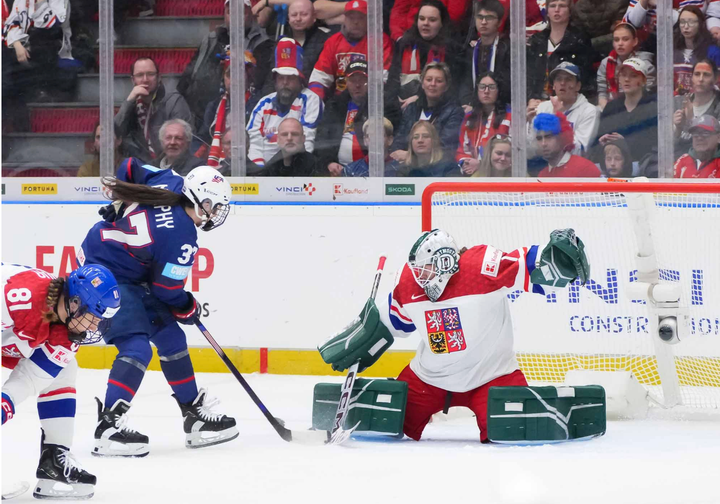
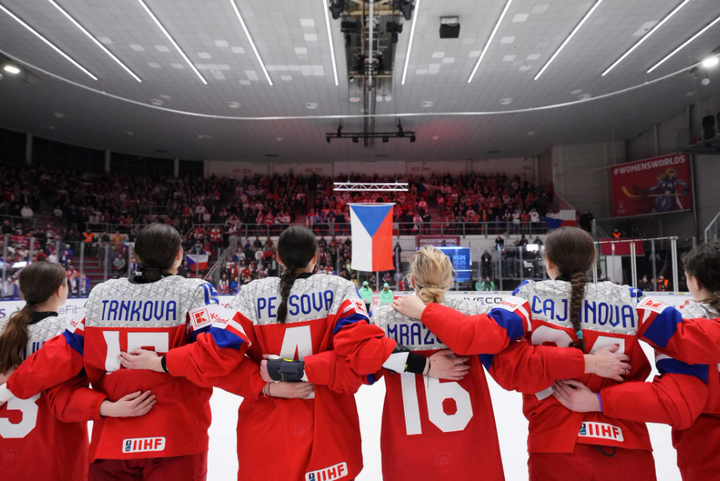
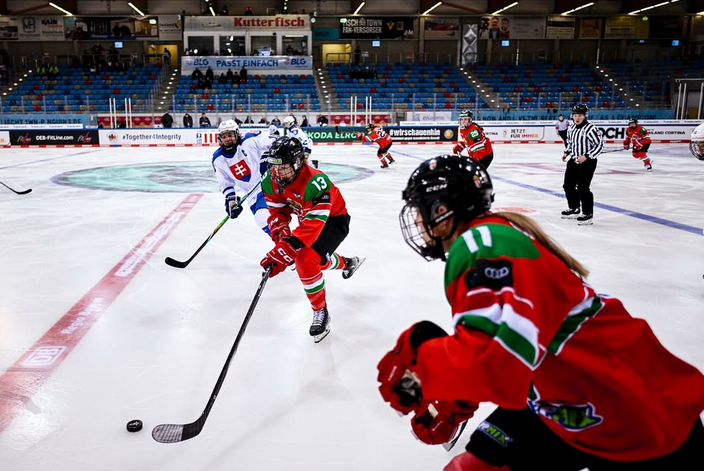
Comments ()